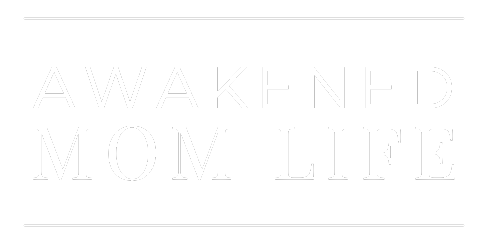Childhood trauma can be a deeply painful and traumatic experience. For some, we try to forget, push away, and hide, hoping it will just disappear. Yet, for others, we try to downplay or rationalize our experiences. Either way, the truth is that adverse childhood experiences can linger and impact your life far into adulthood.
“It wasn’t that bad,” or “Others had it worse than me.”
Acknowledging and accepting childhood trauma is difficult. For me, using the label of childhood trauma felt like a betrayal. Why is it so hard to accept childhood trauma? The reasons are many, but perhaps the most significant is that it can be incredibly difficult to face the reality of what we experienced.

Childhood is often seen as a time of innocence and joy, and confronting the idea that it was anything but can be shattering. Also, many of us were taught to believe that our experiences were normal or that we were somehow to blame. This is part of the reason why generational trauma can be challenging to break.
Ultimately, shame is what prevents us from seeking help and acknowledging there was a problem. For years, I felt so alone, isolated, and different from everyone else. I had no clue that my foundation (my childhood) had left me with immense scars—mental, emotional, and physical.
The truth is that it’s okay to not be okay.
Accepting that you’ve experienced childhood trauma can be a painful and emotional process, but it’s also a necessary step in your healing journey. It doesn’t make you a bad person, and it doesn’t mean you are irreparably broken.
It’s essential to acknowledge that healing takes time and that there may be moments of struggle and difficulty along the way. This is normal, and it’s okay to take the time you need to heal. Face challeneges when you are ready. Don’t push yourself too hard or too fast.
How do I move forward from Childhood Trauma?
One of the most crucial steps is to seek support. Whether it’s through trauma-informed therapy, support groups, or trusted loved ones, having a safe and supportive environment can make all the difference. Practicing self-care and kindness throughout the healing process are also important.

Acknowledging childhood trauma can be incredibly challenging, but it’s also a necessary step in our healing journey.
By acknowledging and accepting your experiences, you can move towards a place of healing and growth. With patience, support, and self-compassion, you can begin to find your way toward a brighter future.
Why is it so difficult to accept that I experienced childhood trauma?
Many childhood trauma survivors learn to minimize their experiences because a caretaker once taught you to minimize your emotions, opinions, and feelings. As a result, you repeat this pattern into adulthood, you are now invalidating your own feelings.
It’s so important to recognize that minimizing or invalidating your experiences can be harmful and hinder your healing process.
Your feelings are valid. Your pain is real.
Every person’s trauma is valid, regardless of how it compares to others. It’s okay to not be okay and to acknowledge childhood trauma’s impact on your life.
Remember, healing begins with acceptance. Accepting that you experienced childhood trauma doesn’t mean you have to dwell on it or let it define you. It means acknowledging what happened and taking steps towards healing and growth.
It’s never too late to seek help and support, and there is no shame in doing so.
Do you know your ACE Score?
Your ACE score can give you insight into how your childhood will or is impacting your adult life. It gives you perspective, which of course, is a powerful thing to have on your healing journey. Click here to take the ACE quiz.














